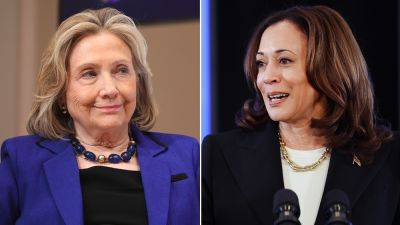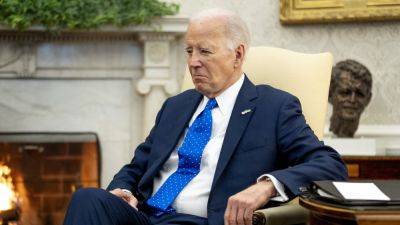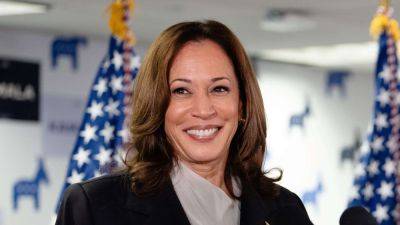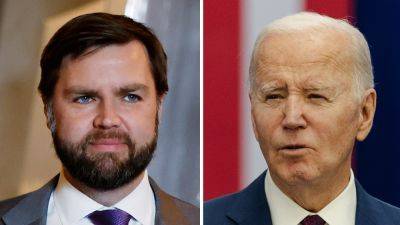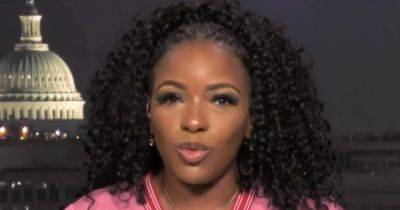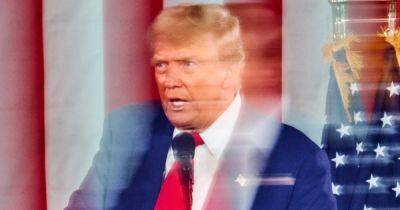Hopes for a Diplomatic Opening Rise Under Iran’s New President
With the election of the reformist candidate Masoud Pezeshkian as president, Iran may see a softening of its absolutist foreign policy and even an opportunity for a new diplomatic opening, current and former officials and experts say.
Mr. Pezeshkian, a cardiologist, member of Parliament and former health minister, has little direct experience in foreign policy. But he has pledged to empower Iran’s most elite and globalist diplomats to run his foreign agenda, raising hopes of a warmer relationship with the West.
Mr. Pezeshkian “represents a more pragmatic posture and less confrontational posture toward the outside and the inside,” said Dennis B. Ross, who served as a special assistant to President Barack Obama and is a longtime Mideast negotiator.
Still, Mr. Ross noted, Iran’s supreme leader, Ayatollah Ali Khamenei, “would do a great deal to limit” Mr. Pezeshkian’s international agenda.
Most of the Iranian president’s powers are confined to domestic issues. It is Mr. Khamenei, as the country’s highest political and religious official, who makes all of the major policy decisions, particularly in foreign affairs and Iran’s nuclear program.
The other leading power in the Iranian system, the Islamic Revolutionary Guards Corps, oversees all of Iran’s military matters. The Revolutionary Guards and the supreme leader are closely aligned, and they decide when and how to use military force, whether in unleashing its proxies in Iraq, Syria, Lebanon and Yemen, or in threatening Israel.


